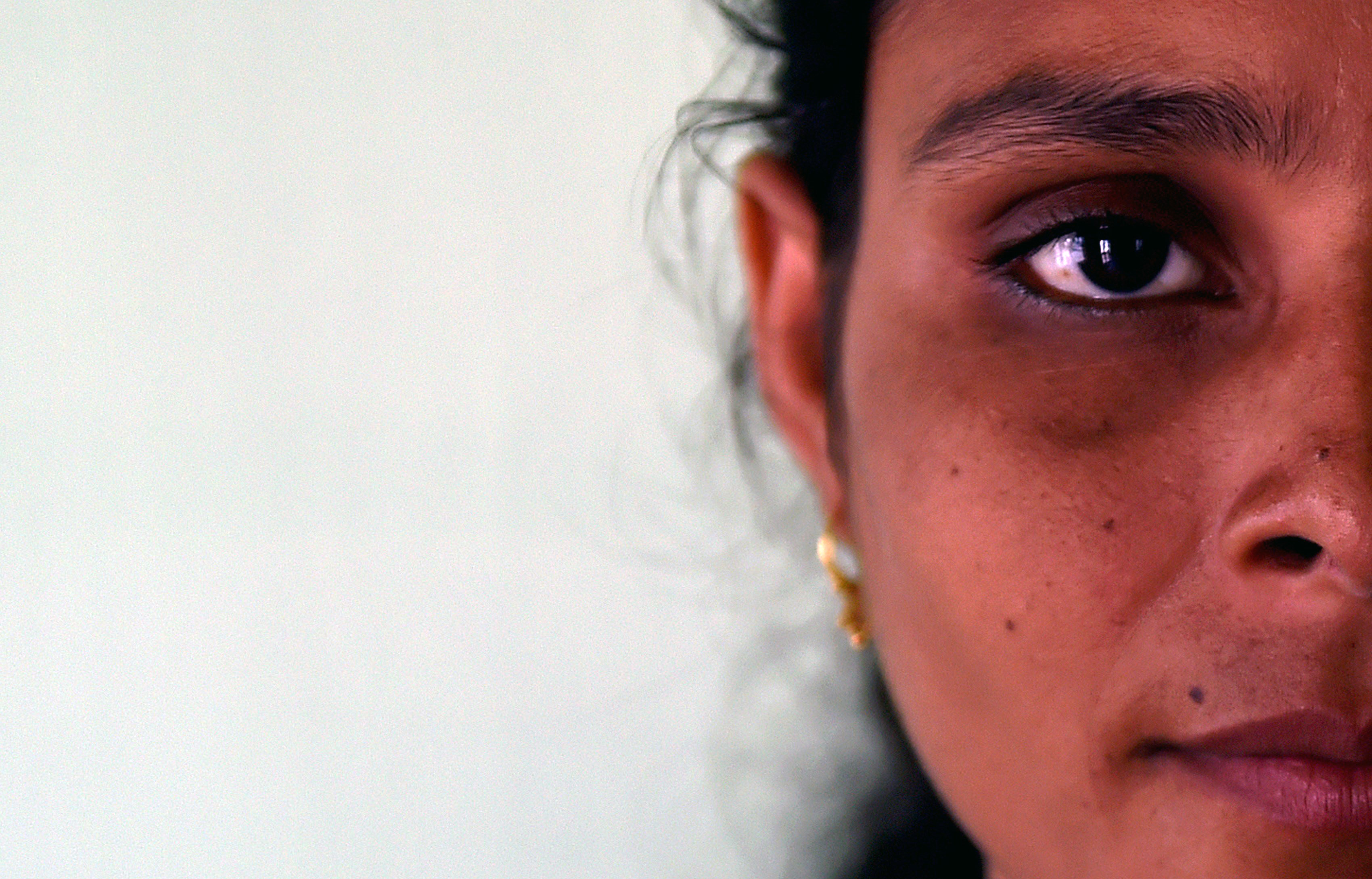Natalie Shoemaker
Contributing Writer
Natalie has been writing professionally for about 6 years. After graduating from Ithaca College with a degree in Feature Writing, she snagged a job at PCMag.com where she had the opportunity to review all the latest consumer gadgets. Since then she has become a writer for hire, freelancing for various websites. In her spare time, you may find her riding her motorcycle, reading YA novels, hiking, or playing video games. Follow her on Twitter: @nat_schumaker
Most modern day detergents don’t require heat in order to clean your clothes. Plus, switching to cold-water washes helps save you money on your next energy bill.
Too much caffeine caused one women to exhibit manic symptoms — restlessness, rapid speech, and paranoia, all from overconsuming coffee.
Researchers have found that there are people who can recall their lives down to the last detail, and there are people who sit on the opposite side of that spectrum.
Researcher Christin L. Munsch breaks down how being economically dependent on a spouse may cause some men and women to stray.
Researchers say it’s the night — not the darkness — that we fear.
Researchers say the duration, mode of transportation, and destination, all factor into how much commuting a person can take before they begin to burn out and resent their jobs.
Think you’re contributing 110 percent to a project? Researchers suggest you may be overclaiming.
Researchers from the American Chemical Society finally tackle what makes New York City’s bagels taste so good — it’s all about mixing the right chemical compounds.
Researchers suggest you may have dropped your old phone on purpose, just so you could justify getting the latest one.
Researchers delve into Facebook, looking into what our status updates say about our personalities.
Mavens are defined as experts in their field, and identifying them can help businesses innovate and grow. So, researchers have developed a test to figure out whether someone is a maven.
More evidence that thin models are doing nothing for some target markets.
How do you increase the chance that a user will comment on your photo? Researchers say use a warm filter.
As the machines in our lives struggle to understand simple speech, is there a chance they could ever understand our emotions? Researchers Reza Asadi and Harriet Fell think so.
People like rewards. Researchers found people are more likely to participate in programs as well as change their behavior if there’s a little money coming their way.
Robots have already bested humans in chess and Jeopardy; now, developers are trying to create the next poker master.
We don’t need to eat meat, and yet we still do. Researchers sought to find out how people defended their meat-eating habits.
Researchers believe that mothers and fathers complement each other when aiding in their child’s speech development.
Researchers found banning smartphones from the classroom helped raise the worst students’ test scores and bring up the class average.
Ian Mitchell argues that alcohol may make you friendlier, but only to certain people.
Developers out of New Zealand are working on a system that will mimic angry customers in order to train telemarketers in real conflict management.
How do people living in non-democratic states see their government and enact change? Lily Tsai takes us into how Chinese citizens see their government and give themselves a voice.
Unsurprisingly, researchers have found sadness stays with us the longest, or at least that’s how people tend to remember it.
Researchers are using music to light up unconscious minds, but the results only bring more questions about its effectiveness for coma patients.
Scientists are keeping their eyes on social media in order to track and map the appearance of auroras.
Businesses that make their employees feel young for their age get more out of their workforce.
People who hold the belief that there are people who are “pure evil” are more willing to support harsher prison sentencing and the death penalty for those individuals.
Cars rule the roads, but how much would we save if we built better infrastructures to support bikes?
New research shows that women prefer someone modeling clothing that looks more like them.
Researchers find that brand loyalty isn’t the same as romantic love; the feelings they evoke would be better compared to a good friendship.





























